A breast cancer diagnosis represents a change for the patient and her family. Evaluations, tests, and procedures are full of results and sometimes these are in a language that is not familiar to the patient.
Lifestyle has a lot of influence, as well as hereditary factors, and hence the responsibility of carrying out medical check-ups on time. According to the WHO site dedicated to cancer, worldwide and about both sexes, it is the first cause of cancer, very close to lung cancer.
“The increase in cases is likely multifactorial: people live much longer now, therefore, the risk factor of older age increases. On the other hand, there is more diagnosis, more education to be evaluated; as well as more means available for diagnosis,” says Dr. Mauricio Villegas Fortuny, manager of Laboratories and Medical Applicability of Invegem/Rozas-Botrán ONG (Institute for Scientific Research and Education, of Human Genetic and Metabolic Diseases).
Dr. Walter García Gonzáles, head of the oncological surgery unit at Incan, explains that according to 2020 figures from the Dr. Bernando Del Valle Samayoa Cancer Institute and Hospital, the cancer that most affects women is cervical cancer, with 31% and there is a tendency for it to rise to 34%, with an estimated 482 cases. The second type of cancer recorded is breast cancer, with 20 to 21%, which is equivalent to 293 cases per year.
“One of the risk factors, which is inherent to age, is being over 40 years old. There is a higher peak and the earlier the breast cancer occurs, the more aggressive it is, since it will tend to be familial or hereditary,” says oncologist García.
Currently, the percentage has increased in minors of that age, and the breast carcinomas that have been found have increased between 15 and 18 percent.
Risk factors for breast cancer
- Age: the older, the greater the risk.
- Family history: especially a sister or mother who has suffered from breast cancer (the more affected relatives, the greater the risk).
- Early menarche or very late menopause.
- First pregnancy at an older age or having very few children.
- Exposure to estrogens, excessive alcohol consumption, or very high-fat diets.
- Genetic predisposition, among other factors.
And what is the risk if mom had cancer?
There is an increased risk compared to the general population, however, if one is a carrier of the same genetic predisposition as the mother who has suffered from the disease, this risk can increase much more.
If they have certain characteristics, it is important to investigate whether the cancer is of hereditary origin, that is, whether they are carriers of a gene that predisposes them to cancer since if this is the case, the children must be investigated when they are of legal age to take the appropriate surveillance measures.
Even sometimes, under strict dialogue, raising the risks and benefits, healthy people who carry a predisposing gene, for example, BRCA1 or BRCA2, can opt for risk-reducing procedures that prevent cancer, says Dr. Villegas.
Research under the microscope
In the Invegem research area, we study the genetic predisposition to breast cancer or hereditary cancer. In other words, we investigate whether people who suffer from the disease are carriers of any altered gene that predisposes them to breast cancer. If this genetic predisposition exists, it means that the person was born with it and most likely it was inherited from the mother or father.
“If someone is born with this genetic predisposition, it does not mean that they are born with cancer, they are simply born with a particular genetic predisposition, meaning that cancer still develops in many patients (not all) when they are adults, although much depends on which gene is altered,” adds Dr. Villegas.
The greatest advances in this area of hereditary cancer research are to learn more about the genetic behavior that exists in patients with breast cancer. Which genes are altered, which are the specific alterations in the genes with the greatest predisposition, and how do they affect the population with breast cancer.




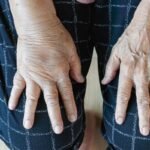
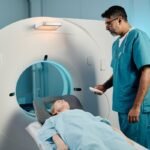


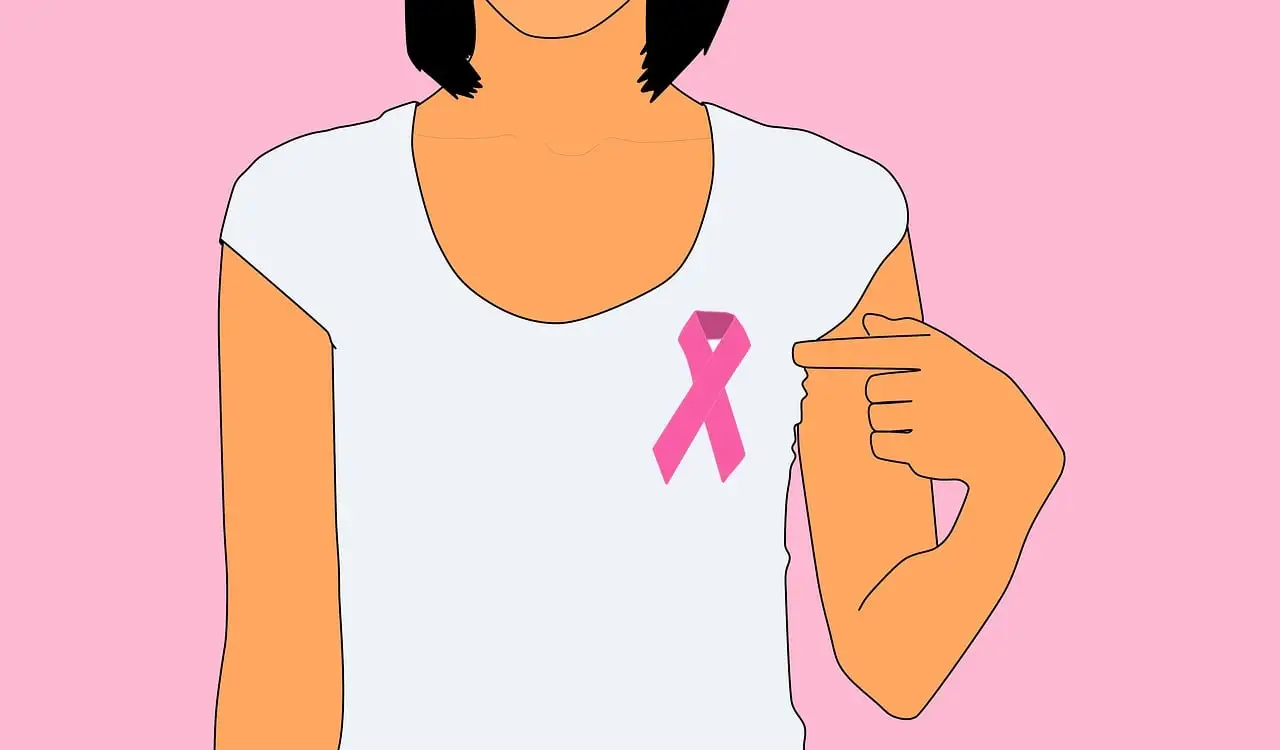
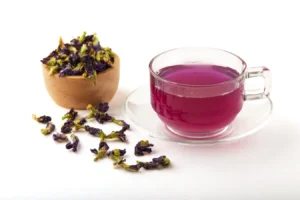
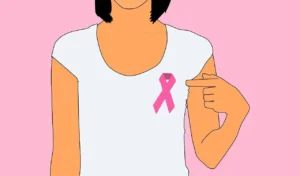












+ There are no comments
Add yours